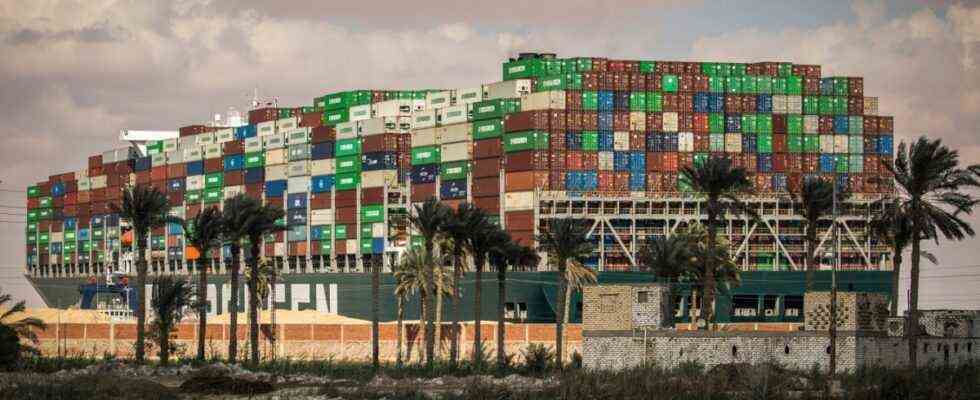For the Federal Republic of Germany, the corona pandemic is one of the biggest crises since it was founded. Above all, the virus has shown one thing: that German society first has to learn to deal with such major crises. Princeton economist Markus Brunnermeier has researched what this learning could look like in a pandemic, but also in other crises such as climate change. He presented his theses as part of the Munich Economic Debates from Ifo Institute and Süddeutscher Zeitung before (the event took place online due to Corona). His most important finding: societies have to become resilient. What this means, he explained using the fable of the French author Jean de la Fontaine about the oak and the reed: The oak is “robust”, it can withstand the storm – but only up to a certain point. If the storm becomes too strong, the tree will break. “The reed, on the other hand, bends in a storm, but it doesn’t break,” it is resilient. Societies need precisely this resilience, the ability to “bounce back” after a crisis, said Brunnermeier.
Markus Brunnermeier teaches at the Bendheim Center for Finance at Princeton University and has so far made a name for himself there primarily with work on financial markets, the financial and euro crises. The experience with the financial crisis of 2008/2009 in particular led him to define the term resilience, which actually comes from psychology, more concretely and precisely according to economic criteria. According to Brunnermeier, societies should not try to block and avoid shocks. Because if the shock gets too big – Brunnermeier uses the term “tipping point” – and the oak breaks, the consequences may be catastrophic. It is better to learn how to respond to shocks: “Learn to be resilient through small crises.” This applies to Corona, but also to the climate crisis or the economic crisis. Brunnermeier draws an analogy to the human immune system: It is strengthened when children are exposed to germs at an early age. Or in business: good bankruptcy law is better than trying to prevent bankruptcies at all costs.
However, as Brunnermeier shows, the concept of resilience does not provide simple solutions. It is not enough that every member of society reacts to crises as they please. That would only produce crisis profiteers. Clear, credible rules for behavior in a crisis are necessary. Another problem is the “scarring” caused by the crisis, ie damage that has a long lasting effect. Corona has led to negative consequences on the labor market and to a “debt overhang problem” for governments and companies. Because of the higher inflation rates, the central banks would also have lost some room for maneuver. “You can no longer act as aggressively as you have done before,” said Brunnermeier. On the other hand, Corona has just triggered a surge of innovation.
Diverse societies are more resilient than homogeneous ones
The relationship between diversity and resilience is also difficult. Diverse societies are more resilient because people with different characteristics and risks are easier to insure. On the other hand, homogeneous societies are more solidary because they combine social norms.
The economist also applies the concept of resilience to the climate crisis. During the various lockdowns in the pandemic, when production and consumption were cut back worldwide, emissions of climate-damaging carbon dioxide hardly decreased. Therefore, abstaining from consumption, apparently a “robust” method, is not a solution. In contrast, innovations that promote resilience and are stimulated by CO₂ taxes and other levies are indispensable. Climate clubs, such as those proposed by Nobel Prize winner William Nordhaus, would also be a possibility. Countries with an active climate policy join forces and levy tariffs on countries without such a policy.
In view of the way the People’s Republic of China has dealt with Corona, Brunnermeier’s question is by no means academic as to whether autocratic societies deal better with crises than open, democratic ones. Autocratic regimes are “good at enforcing strict rules”. But they’re not that good at developing vaccines. Democracies, on the other hand, appear “shaky”, but they are more resilient because they allow diversity of opinion, because there is a transparent flow of information and because they are open to those who think differently. Brunnermeier’s book “Die resiliente Gesellschaft” was published in August and was awarded the German Business Book Prize.

